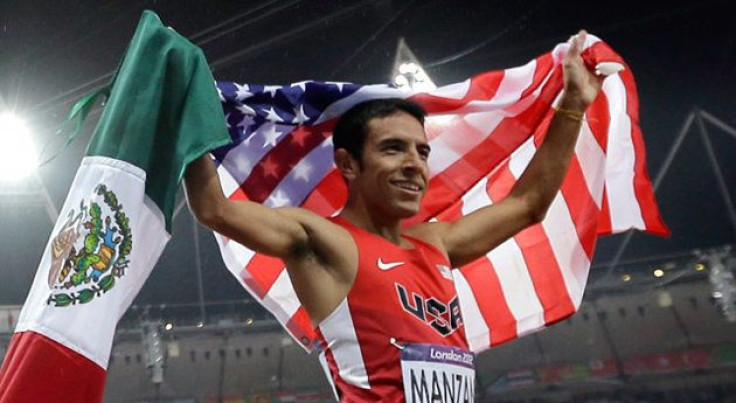
A survey from Mexico's Center for Research and Teaching in Economics (CIDE), "México, las Américas y el Mundo 2012-2013", found that 60 percent of Mexican citizens support the idea of Mexico and the United States becoming a single country if it were to bring them a better quality of life. Forty-two percent of the general population in Mexico also answered that if given the opportunity, they would live elsewhere outside the country, and just over half said they would not want to be from another country, leading the Center to conclude that while "there is a relatively high level of attachment to Mexican nationality, economic wellbeing stands out as one of Mexicans' biggest aspirations, even above the value of sovereignty."
RELATED: Mexico Has Third Highest Rate of 'Ninis' In OECD Countries
Thirty-seven percent disagreed with their counterparts who would have Mexico and the United States join to become one, in a survey carried out with a sample size of 2,400 citizens as well as through 535 interviews with people in positions of power in politics, business, academics, the media and social organizations. Fifty-two percent of the general public said they would not like to belong to another country, though 14 percent said that if they weren't Mexican, they would like to be from the United States. And 80 percent of both the general public and leaders said they were proud to be Mexican.
RELATED: Will The Immigration Reform Bill Be 'Dead On Arrival' In The House?
But in news which may not be welcome to the administration of Mexican President Enrique Peña Nieto, "the bastion of economic nationalism", as El Universal put it, continues to be energy. Forty-seven percent of Mexicans are against allowing foreign investment in the country's electricity sector, and an even higher 65 percent are against it in the petroleum industry. Mexico's state oil company, Pemex, controls the country's petroleum resources -- a right codified in Article 27 of the Mexican constitution in 1938 -- but Peña Nieto has been pushing to allow for private and foreign investment to get a share. He had long said that he was against reforming the constitution, but on June 17 he told London's Financial Times that he would press for "the constitutional changes needed to give private investors certainty." He denied, however, that the company would be entirely privatized.
RELATED: Undocumented Female Farmworkers Face 'Persistent Peril' Of Sexual Harassment
The president may be counting on the support of the country's elite. The survey shows a wide gap between those in positions of power and others in terms of their opinion on privatization. Fifty-nine percent of the country's elite accept foreign investment in petroleum, along with 80 percent who would approve of seeing it in the telecommunications industry, 76 percent in the media and 67 percent in electricity.
© 2024 Latin Times. All rights reserved. Do not reproduce without permission.